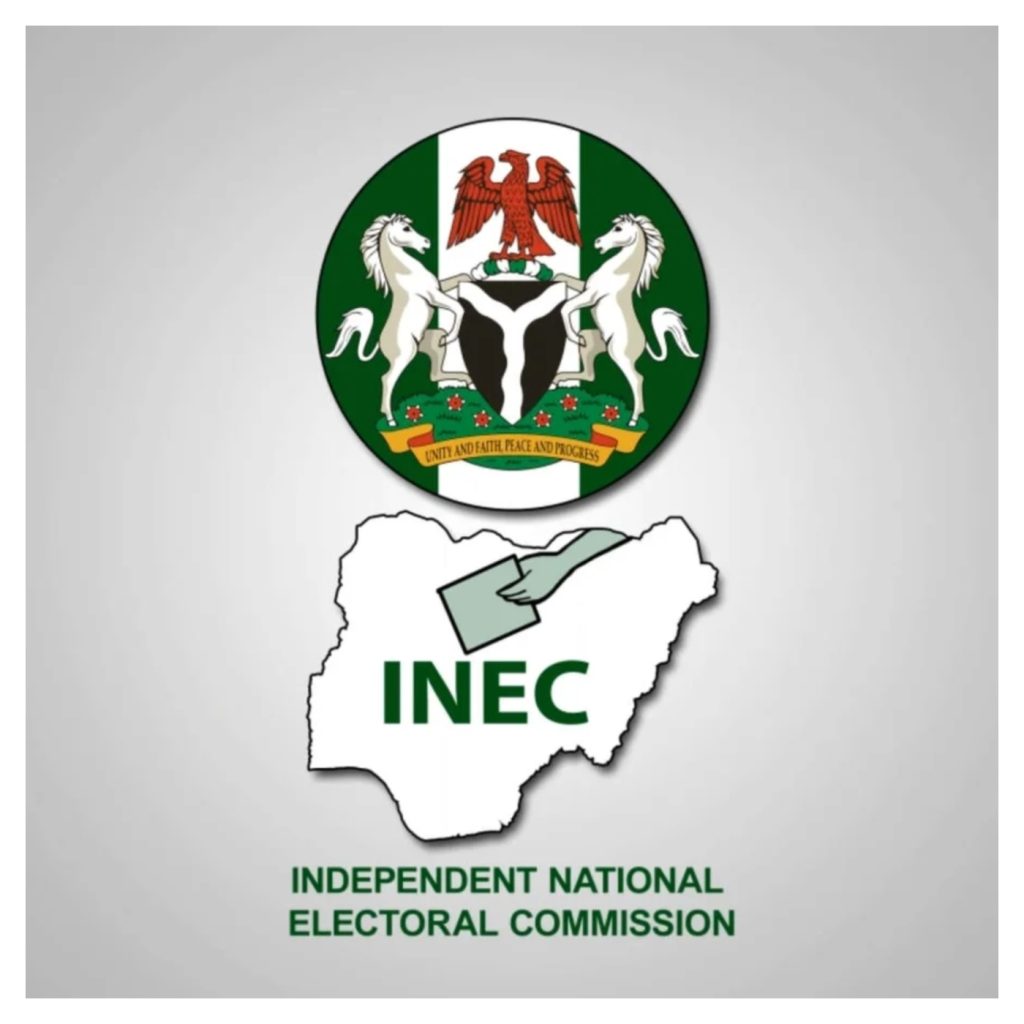A major overhaul of revenue management practices in Nigeria’s oil sector has resulted in improved financial accountability and growing debt recovery, according to the Energy Policy Advancement Centre (EPAC). The reforms stem from a reconciliation process between the state-owned Nigerian National Petroleum Company Limited (NNPCL) and the Federation Accounts Allocation Committee (FAAC), aimed at addressing long-standing payment disputes and strengthening fiscal transparency.
The initiative, supervised by a technical sub-committee focused on debt reconciliation, recovered $459,226 in unpaid obligations during the first half of 2025. This forms part of a broader $1.436 billion debt linked to crude oil lifting contracts unresolved since October 2022. EPAC’s Director-General, Dr. Ibrahim Musa, described the effort as a critical step toward “transforming passive oversight into active value generation,” particularly for the Nigerian Upstream Petroleum Regulatory Commission (NUPRC). The commission reported N5.21 trillion ($3.5 billion) in revenue for the same six-month period, driven by enhanced monitoring of royalties, joint ventures, and penalties for gas flaring.
NUPRC’s earnings—equivalent to 34.7% of its ambitious N15 trillion 2025 target—reflect a robust 42.7% increase over the record N12.2 trillion revenue achieved in 2024. A detailed breakdown highlights N1.04 trillion from joint venture and production-sharing agreements, N315.93 billion from the offshore Project Gazelle, and additional streams from gas sales and environmental penalties. Despite progress, significant challenges remain: NNPCL is still owed N6.6 trillion in delayed joint venture royalties spanning from late 2022 to mid-2025.
Musa emphasized the broader significance of the reforms, stating, “This is the institutional energy Nigeria needs—viewing targets as opportunities, not obstacles.” He urged oil firms to maintain timely payments and compliance with regulations to consolidate recent gains. The reconciliation process, he added, demonstrates how strategic collaboration between government agencies and energy companies can unlock fiscal stability in resource-dependent economies.
Analysts note the developments signal Nigeria’s efforts to curb revenue leaks in its oil sector, which accounts for over 80% of foreign exchange earnings. With global energy markets increasingly prioritizing transparency, sustained progress in debt recovery and regulatory efficiency could bolster investor confidence in Africa’s largest crude producer.



